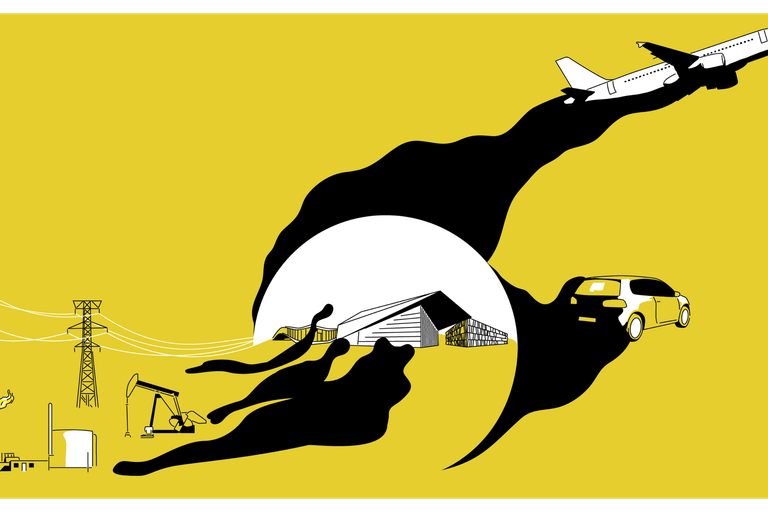Dazu gehört

«Jetzt, da Sie die Unterstützung haben, sollten Sie auch mehr erreichen können!»
Wie lässt sich der Ausstoss von Treibhausgasen reduzieren, der durch berufsbedingte Reisen von Forschenden und vor allem solche per Flugzeug verursacht wird? Mit dieser Frage befasste sich die Tagung «Decarb science! But how?», die am Vormittag des 24. Mai vor der Delegiertenversammlung der SCNAT auf dem Programm stand. Damit verbunden ist eine kolossale Herausforderung, die einen Wandel der Wissenschaftskultur erfordert. Es wird definitiv keine einfachen Lösungen geben, gefragt sind vielmehr kreative und differenzierte Ansätze.
Bild: Hansjakob Fehr, 1kilo / Horizonte SNFWissenschaft muss den eigenen CO₂-Ausstoss drosseln
Forschende fliegen rege um die Welt, um sich an Konferenzen auszutauschen. Oft ohne gross an das Klima zu denken. Das kann sich ändern, wie verschiedene Nachhaltigkeitsinitiativen aus der Wissenschaft zeigen.




